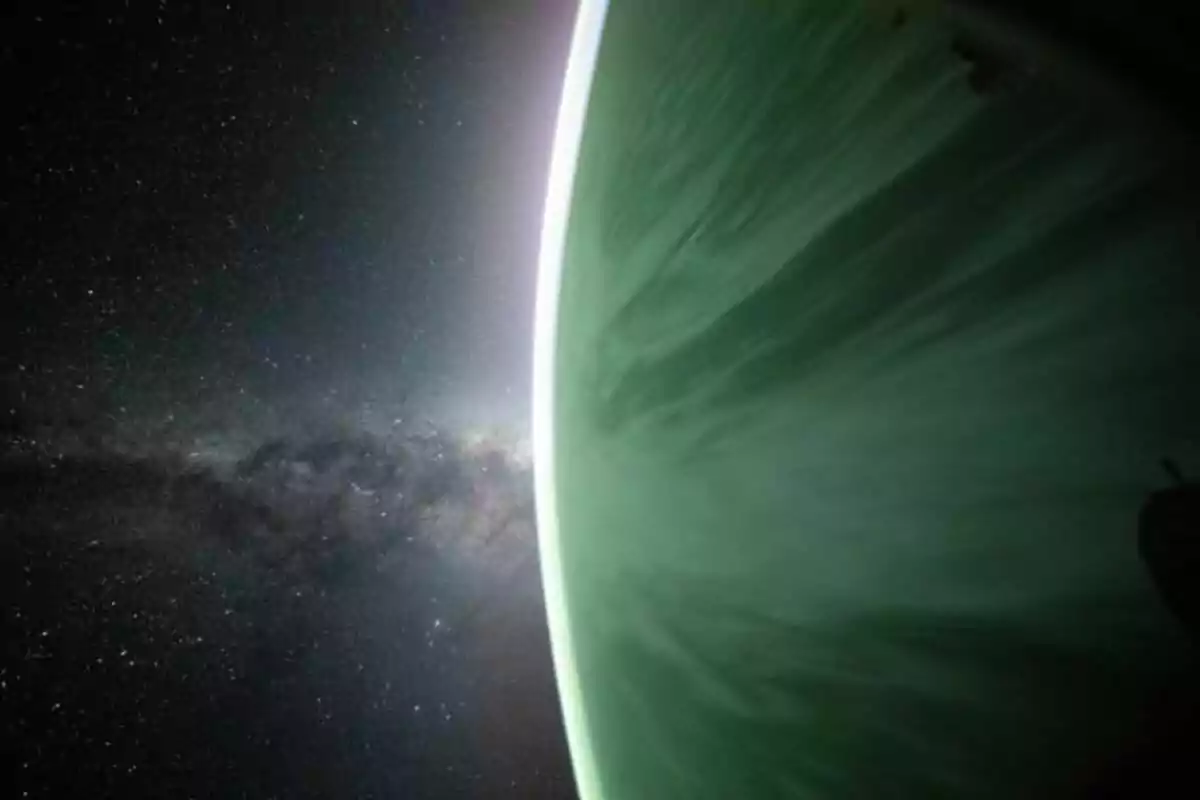The search for life beyond our solar system has always been one of science's greatest mysteries. Thanks to technological advances, scientists have been able to study exoplanets at unimaginable distances. A new discovery could be another step toward the answer that many have been asking for decades.
Space exploration has been marked by historic moments. However, one of the greatest recent achievements comes from astronomers, thanks to a team of pioneers. Led by Sebastián Pineda from the University of Colorado, these researchers have taken on the study of phenomena that could change our view of the universe.

The signal that could confirm a magnetic field
The team detected a repetitive radio signal coming from a planet located 39 light-years (12 light-years) from Earth, exoplanet YZ Ceti b. What stands out about this discovery is the implication of a magnetic field around that planet. This is something that hadn't been observed previously in planets similar to ours.
Pineda explains that the signal comes from the interaction between YZ Ceti b's magnetic field and its star. The radio waves caused by these interactions were picked up by telescopes on Earth. "We saw the initial burst and thought it was beautiful," Pineda says about the first detection, highlighting how impressive the signal was.
The magnetic field very similar to Earth's
A planet's magnetic field is essential to keep its atmosphere. This protective shield prevents the solar wind from stars from wearing away the atmosphere. This can make a planet more suitable to host life.
What's relevant about this is that a magnetic field similar to Earth's could be essential for YZ Ceti b to keep its atmosphere. According to Professor Jackie Villadsen, this is one of the reasons why they're so excited. "We're looking for a way to see them," she says about the method to detect these fields at such long distances.

A promising future for space research
This discovery opens new doors for research on exoplanets. Although the signal found still needs more studies, it represents progress for identifying planets with conditions to host life.
Pineda and Villadsen acknowledge that although the finding is promising, there's still much work to be done. New radio and telescope technologies promise to offer more answers in the coming years. This brings us one step closer to discovering whether we're alone in the universe.

